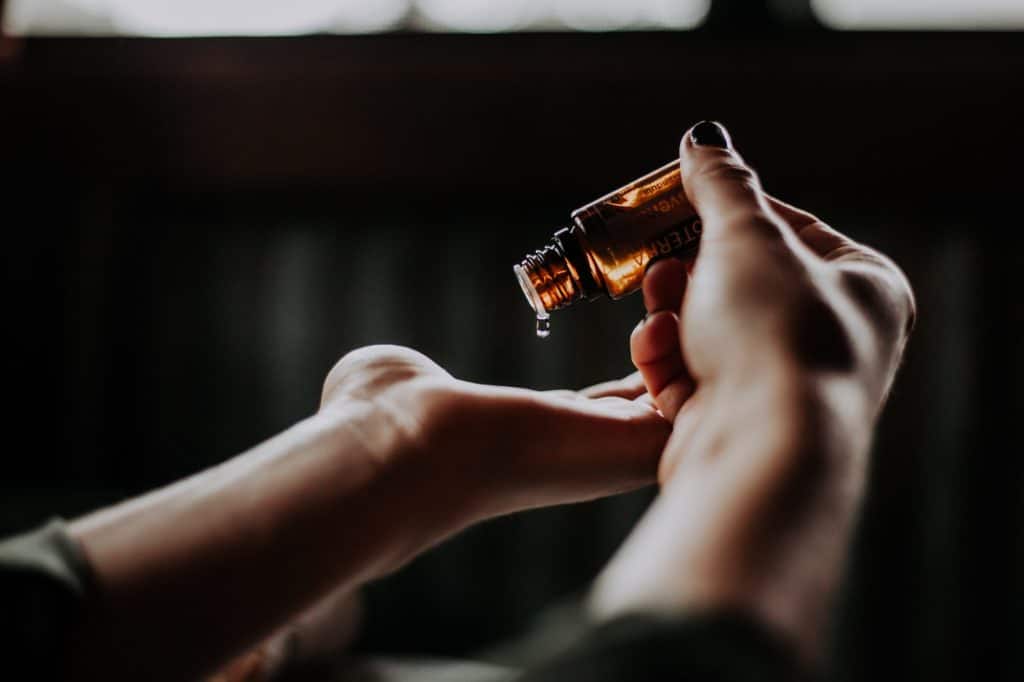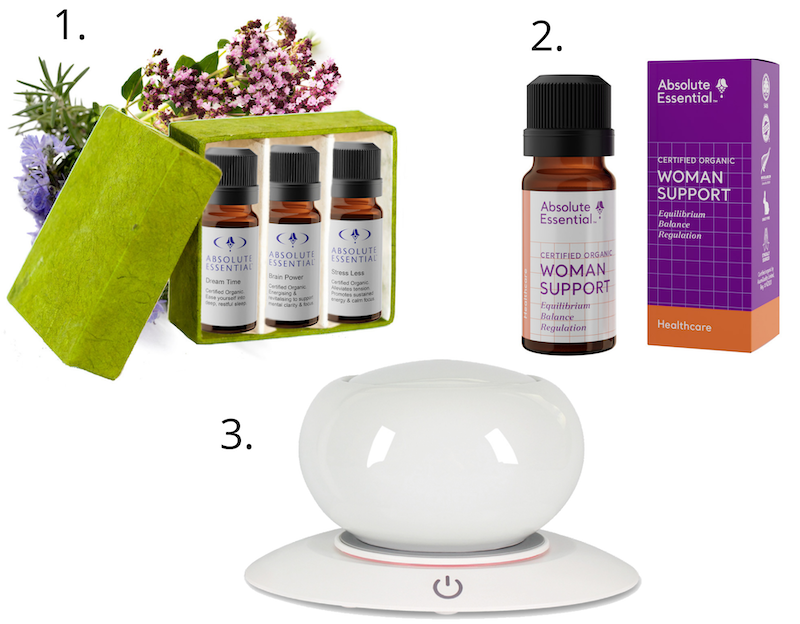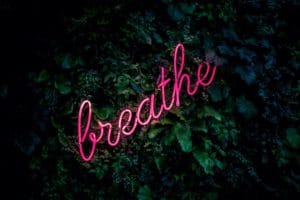The Best Essential Oils For The Different Needs Of Menopause

We Asked The Expert
When we wanted to know what the best essential oils for the different needs of menopause were, we asked the master.
Dr Bo Hendgen DO ND AM was born in Germany and raised in France where she studied aromatic medicine. In addition, Dr Bo’s a doctor of osteopathy, a naturopathic doctor and she holds a PhD in paediatrics.
Aromatic medicine is the science of therapeutic plant oils and Dr Bo subsequently used her knowledge to create Absolute Essential. This is a company that designs 100% organic plant oil products of the highest therapeutic value.
What Are The Best Essential Oils For Menopause?
As someone who lives and breathes plant oils that are of premium quality, Dr Bo knows her stuff.
In fact, she spends so much time with both essential and carrier oils she calls them her friends. What sets her products apart is that their therapeutic benefits are powerful. Not all essential oils are therapeutic but we’ll let Dr Bo explain in the video below.
30-minute watch.
We Talk Plant Oils, Itchy Skin, Coming Off HRT & More
In our video interview we covered everything from essential and carrier oils to what to do about an itchy vagina.
Here’s a timestamp:
00:27 Introducing and defining perimenopause, menopause and post-menopause.
1:16 Essential oils and carrier oils.
2:04 Beneficial essential oils and their properties:
- Clary Sage
- Geranium
- German Chamomile
- Tarragon (French)
4:24 Carrier oils, what they’re good for (including itchy skin and sugar cravings) and how to use them.
- Evening primrose (why capsules aren’t the best way)
- Jojoba
- Avocado
- Argan (it needs to be raw)
7:57 Issues and symptoms women experience (and a joke 🤣).
9:48 Itchy lady parts.
11:11 Recipe for an itchy vagina.
13:24 Single essential oils and the art of blending.
15:50 The best way to apply essential oils – when to use a diffuser.
17:50 How to use essential oils in the bath correctly.
18:40 Tips for using essential oils before bed.
19:30 Why you would apply essential oils like Woman Support to the small of your back.
20:24 Why there’s a difference in the quality of essential oils
21:28 How intent can alter what you need in an essential oil. Explaining phyto-hormones.
22:24 Coming off the pill or HRT – prescription medication versus natural aids.
Do you have any questions for Dr Bo? Feel free to ask them in the Facebook group here or email us here.
Absolute Essential premium-quality products are widely available in Australia and New Zealand.

Make sure you’ve entered to win the beautiful bundle, including a ceramic ionic diffuser and Woman Support, Stress Less, Deep Sleep and Brain Power therapeutic oils here.
Photo by Christin Hume on Unsplash









